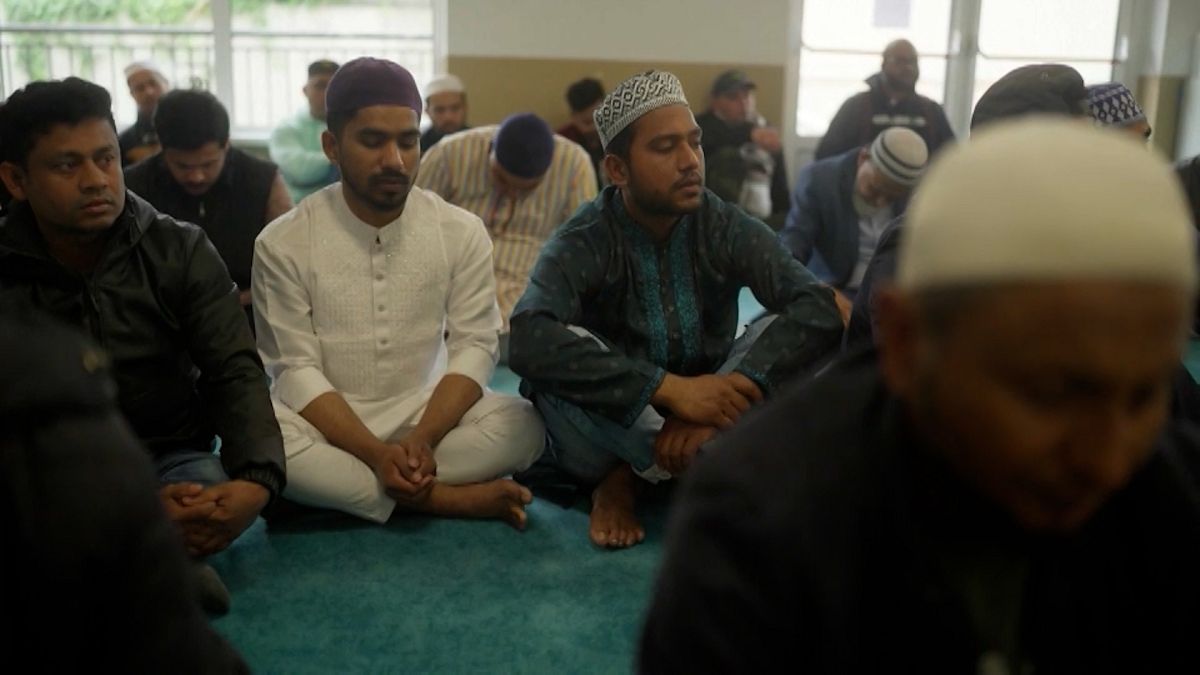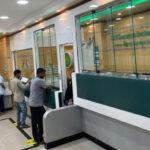Monfalcone, a town in Italy, is currently facing a surge in tensions due to the political positions of its far-right Lega party mayor, Anna Maria Cisint, especially regarding residents of foreign backgrounds, specifically Muslims. With the European elections approaching, the debate has intensified in the town, which has a significant number of foreign-born residents, including over 5,000 of Bangladeshi background, as well as those from Romania and the former Yugoslavia. The presence of these residents is mainly attributed to the demand for workers at Fincantieri, a shipyard company based in Monfalcone. However, trouble began when Cisint was elected mayor in 2016.
Since taking office, Cisint has clashed with the Bangladeshi community, accusing them of being “bad labour” imported by Fincantieri. She has taken controversial measures such as banning the burkini, cricket, Ramadan observance, and Arabic lessons, all aimed at enforcing complete integration of foreign-born residents. These actions have sparked outrage within the community and have been criticized as promoting anti-Islamic sentiments and discrimination. The city council even implemented a ban on Friday prayers in Islamic cultural centers, citing concerns of Islamic extremism, although this ban has now been repealed.
As Cisint gears up for the European elections, her campaign is focused on anti-immigration rhetoric, aligning with the views of the Lega party leader Matteo Salvini. With the slogan “It’s enough, also in Europe,” Cisint aims to bring her controversial policies to Brussels. The renewed attention on Cisint’s campaign has reignited tensions in Monfalcone, as residents continue to grapple with the divisive rhetoric and discriminatory measures implemented by the mayor. This has put the spotlight on the town’s struggle to balance its diverse population and the challenges of integration in the face of far-right political ideologies.
The situation in Monfalcone underscores the growing concerns about xenophobia and anti-immigrant sentiments in Italy and across Europe. The clash between the far-right politics of Mayor Cisint and the multicultural reality of the town reflects a larger debate about the future of integration, diversity, and inclusion in European societies. The challenges faced by the foreign-born residents in Monfalcone highlight the need for more inclusive and respectful policies that prioritize the rights and dignity of all individuals, regardless of their background or faith.
As the European elections draw near, the spotlight on Monfalcone and Mayor Cisint’s controversial policies serves as a reminder of the importance of upholding democratic values, human rights, and respect for diversity. The clash between the far-right mayor and the foreign-born residents underscores the need for dialogue, understanding, and solidarity in addressing the complex issues of immigration, integration, and cultural diversity. Moving forward, it is crucial for policymakers, community leaders, and residents to work together to promote inclusive and cohesive societies that embrace the richness of diversity and ensure equal rights and opportunities for all individuals, regardless of their background.











